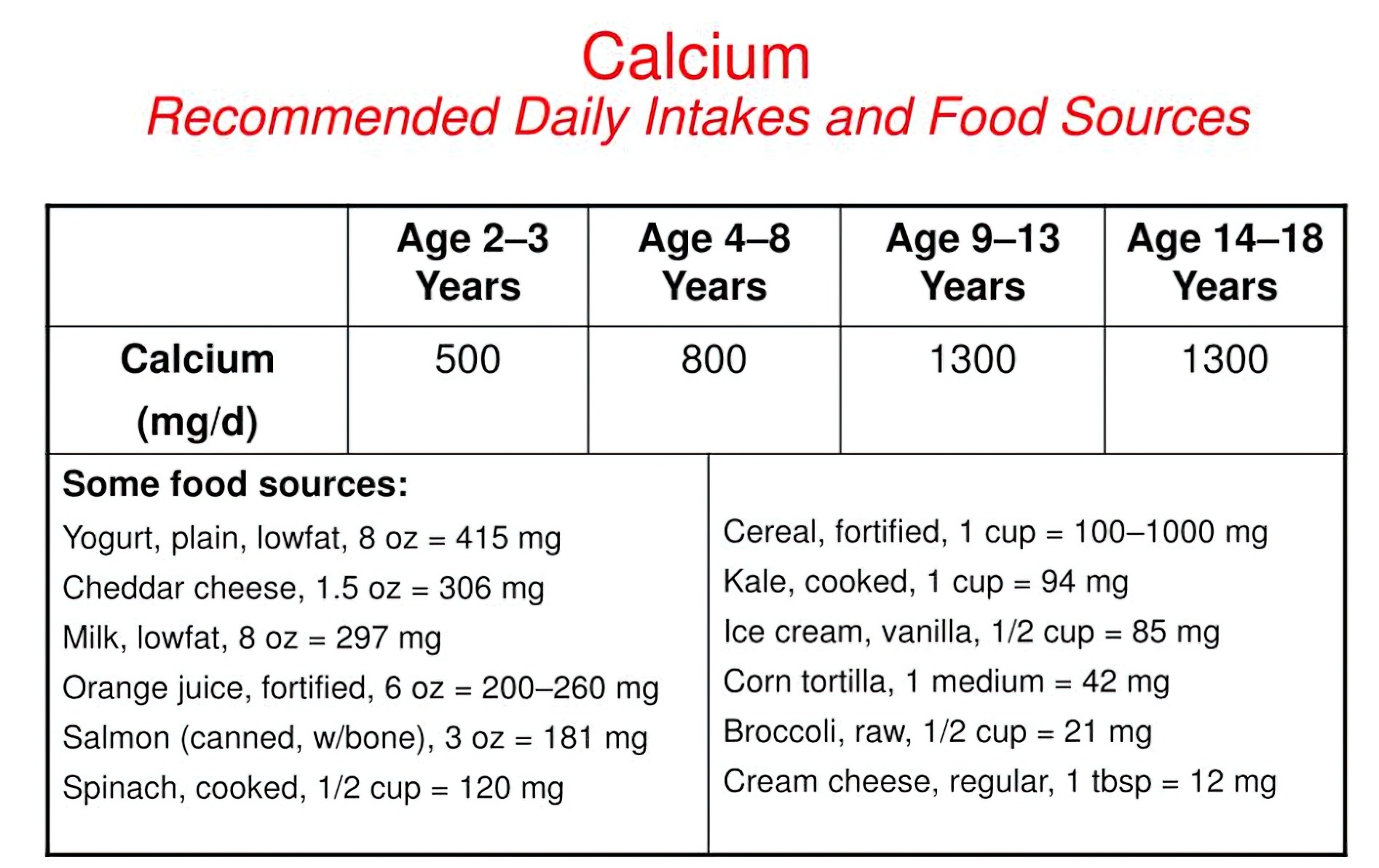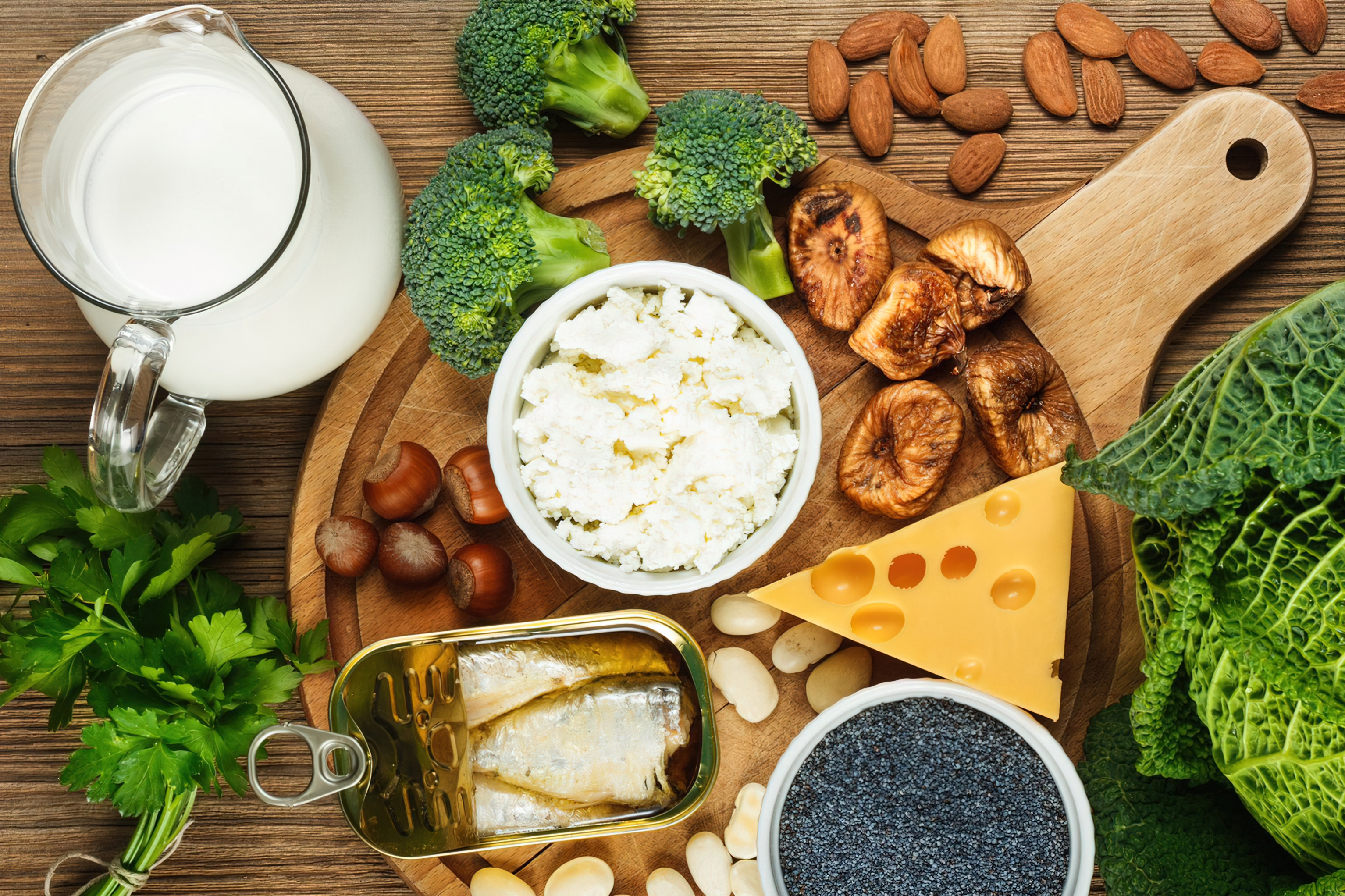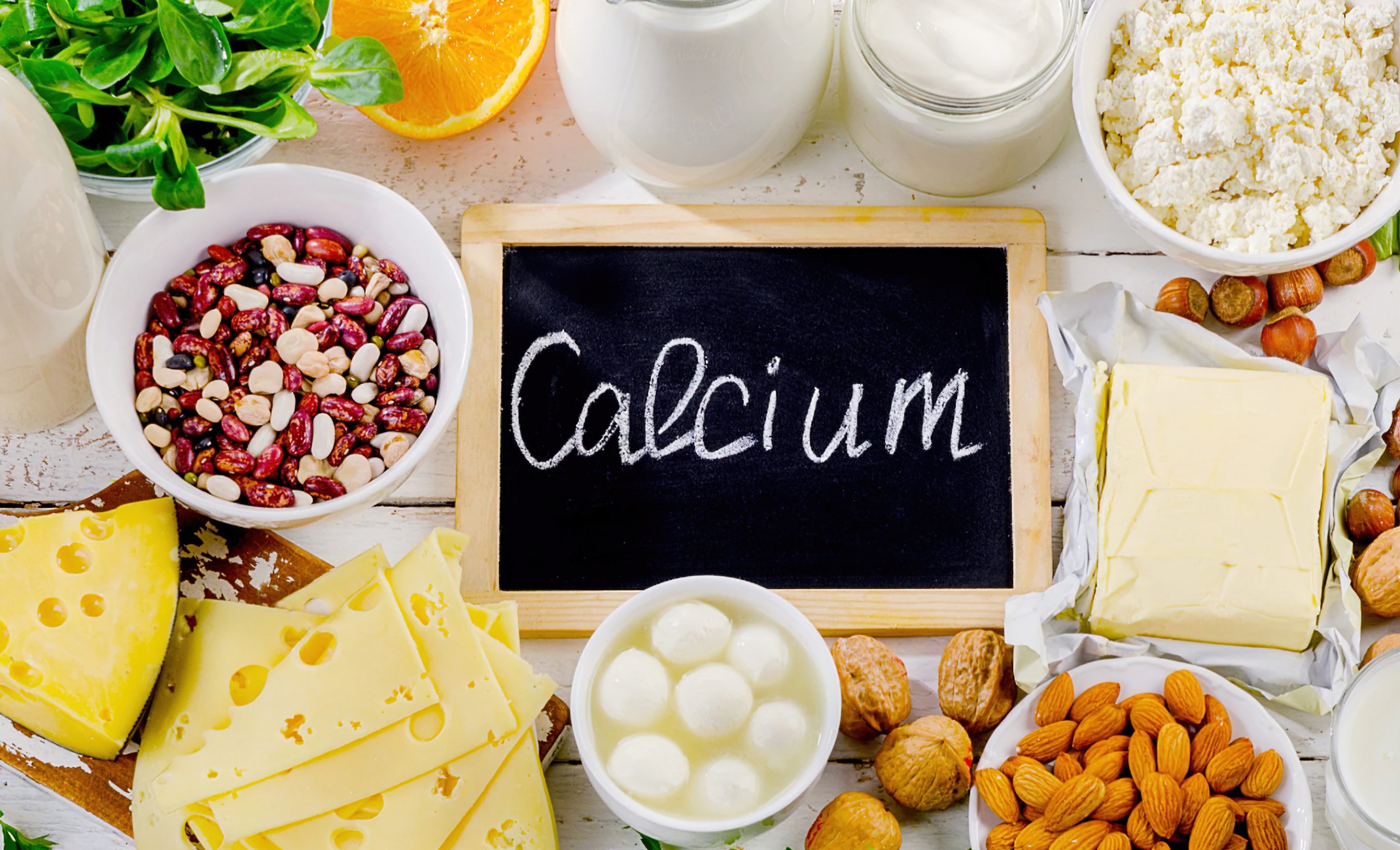The Importance of Calcium in a Vegan Diet
Calcium is an essential mineral for maintaining strong bones, teeth, and proper muscle function. Vegans may worry about getting enough calcium without dairy products, but plant-based sources are plentiful and can easily meet daily requirements.
Top Plant-Based Calcium Sources
- Leafy greens: Kale, collard greens, spinach, and bok choy are calcium-rich and loaded with vitamins and minerals. Include a variety of these in your daily meals to maximize calcium intake.
- Nuts and seeds: Almonds, chia seeds, and sesame seeds are high in calcium and healthy fats. Sprinkle them on salads, oatmeal, or enjoy them as snacks.
- Fortified plant-based milk: Many plant-based milk options, such as almond, soy, or oat milk, are fortified with calcium. Check labels to ensure you’re choosing a calcium-rich option.
- Tofu and tempeh: Calcium-set tofu and tempeh are not only excellent sources of protein but also provide a good amount of calcium. Add them to stir-fries, salads, or sandwiches.
- Broccoli and Brussels sprouts: These cruciferous vegetables contain significant amounts of calcium, as well as other nutrients like vitamin C, vitamin K, and fiber. Roast, steam, or sauté them for a delicious side dish.
- Beans and lentils: White beans, chickpeas, and lentils are all rich in calcium and protein. Incorporate them into soups, salads, or veggie burgers for a nutrient-dense meal.
- Figs and oranges: Figs and oranges are not only tasty but also provide a decent amount of calcium. Snack on them, or add them to smoothies and desserts.
Tips for Maximizing Calcium Absorption
- Vitamin D: Vitamin D is crucial for calcium absorption. Ensure you’re getting enough sunlight or supplement with vitamin D to optimize calcium uptake.
- Limit oxalates: Some vegetables, like spinach and Swiss chard, are high in oxalates, which can inhibit calcium absorption. Balance your diet with low-oxalate calcium sources for better absorption.
- Avoid excessive sodium: A high-sodium diet can lead to calcium loss through urine. Limit processed foods and opt for natural, whole foods to maintain healthy calcium levels.
- Exercise: Regular exercise, particularly weight-bearing activities, can help strengthen bones and improve overall calcium absorption. Incorporate physical activity into your daily routine.
The Role of Calcium in a Plant-Based Diet
Calcium plays a vital role in numerous bodily functions beyond just bone health. It is involved in muscle function, nerve transmission, blood clotting, and hormone secretion. Ensuring that your vegan diet provides enough calcium is crucial for overall well-being.
Combining Calcium Sources for a Nutrient-Dense Diet
- Smoothie bowls: Blend calcium-fortified plant milk with fruits like oranges, berries, and bananas. Top it off with chia seeds, almonds, and chopped figs for a calcium-rich start to your day.
- Salads and grain bowls: Combine leafy greens, beans, lentils, and broccoli in salads or grain bowls. Sprinkle with sesame seeds and a drizzle of tahini dressing for an extra boost of calcium.
- Homemade nut butter: Make your own almond or sesame seed butter by blending nuts or seeds in a food processor. Enjoy it on toast or as a dip for a calcium-packed snack.
- Plant-based yogurt: Opt for calcium-fortified, plant-based yogurt options like soy, almond, or coconut yogurt. Top with fruit and nuts for a nutritious and calcium-rich breakfast or dessert.
Meeting Daily Calcium Requirements on a Vegan Diet
It is essential to understand your daily calcium needs and track your intake to ensure you’re meeting your body’s requirements. Adults typically require around 1,000 mg of calcium per day, with higher amounts needed for adolescents, pregnant or breastfeeding individuals, and older adults.
Remember that you can achieve your calcium needs through a diverse and well-planned vegan diet. Monitor your intake, include a variety of calcium-rich foods, and consult a healthcare professional or registered dietitian if you have concerns about your calcium levels.
Conclusion
By incorporating a wide range of plant-based calcium sources into your vegan diet, you can ensure your body receives the necessary nutrients for optimal health. Experiment with different combinations of calcium-rich foods and strive for a balanced, varied diet that supports your unique needs and preferences. A vegan lifestyle can provide all the essential nutrients, including calcium, for a healthy and thriving life.

